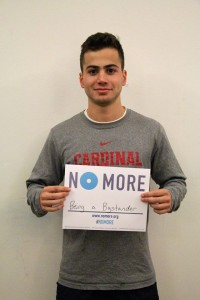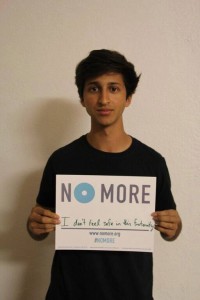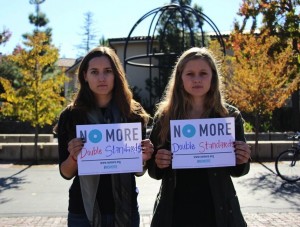In the first week of July, the NFL piloted a peer ambassador program in conjunction with the second year of its ‘On and Off the Field’ football camp, led by NFL alumni and players and in partnership with London-based charity, Hestia, and UK Says No More.
The peer ambassador program was built with Hestia to facilitate more 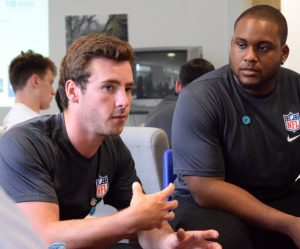 long term, in-community support, by empowering young college players with domestic violence and sexual assault (DVSA) and leadership training. Football coaches from local and college teams were asked to nominate players for the peer program. Players were then interviewed and screened. Over three days, the chosen 15 young men, aged 16-24, received DV/SA training structured around the NFL’s four core values of resiliency, respect, integrity and responsibility to team.
long term, in-community support, by empowering young college players with domestic violence and sexual assault (DVSA) and leadership training. Football coaches from local and college teams were asked to nominate players for the peer program. Players were then interviewed and screened. Over three days, the chosen 15 young men, aged 16-24, received DV/SA training structured around the NFL’s four core values of resiliency, respect, integrity and responsibility to team.
With incredible dedication from Lyndsey Dearlove, Hestia’s Violence Against Women and Girls (VAWG) Partnership Manager, the DV/SA program grew into an innovative and interactive training program which not only fostered participation, discussion and engagement, but sparked a flame in many of the young men. A light was shone on issues which are commonly left undiscussed and in the dark, such as the pressures of contemporary masculinity, stereotypes and privileges. The young men were keen to engage in discussions around bystander challenges and how to recognize abuse and victims of abuse.
“I’ve learnt things about domestic violence and sexual assault that otherwise I may never have known. It has also opened my eyes further to the stresses experienced as a male, which I have been molded by – but not always knowingly. It has also interested me in learning more about male privilege…[and] how to lessen the stresses experienced by other men by being available for talking without judgement.”
– Peer Ambassador
The newly-trained peer ambassadors then utilized their DV/SA training at the two-day NFL On and Off the Field football camp in the heart of the English countryside, at Royal Holloway University. The camp was designed as a safe space for more than 130 young men aged 16-24 to develop themselves both on and off the field, combining the football skills and personality necessary to be a great player and teammate.
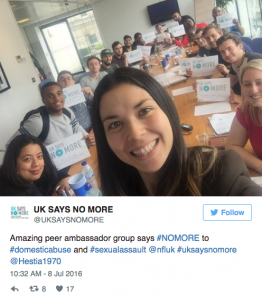 Off the field, camp participants had breakout sessions with NFL players and alumni, such as Indianapolis Colts Andrew Luck, in order to learn from their experiences as pro players. They shared important insights on community and character. This reinforced the message of the DV/SA session where, with the support of Hestia and UK Says No More, the peer ambassadors created awareness around domestic violence and sexual assault amongst 130 of their peers. Alongside Walter Payton Man of the Year nominee, Dwayne Allen and NFL free agent, Efe Obada, the peer ambassadors led intimate and animated conversations.
Off the field, camp participants had breakout sessions with NFL players and alumni, such as Indianapolis Colts Andrew Luck, in order to learn from their experiences as pro players. They shared important insights on community and character. This reinforced the message of the DV/SA session where, with the support of Hestia and UK Says No More, the peer ambassadors created awareness around domestic violence and sexual assault amongst 130 of their peers. Alongside Walter Payton Man of the Year nominee, Dwayne Allen and NFL free agent, Efe Obada, the peer ambassadors led intimate and animated conversations.
On the field, participants solidified the team spirit and trust they had built, taking to the field in high intensity drills, skills and combines with NFL coaches and players.
Following the camp, peer ambassadors will take leadership and DV/SA learnings back to their teams and facilitate peer support groups for their team mates. They will act as points of initial contact and support, with access to the Hestia DV/SA app, Bright Sky, and knowledge of who their peers can turn to for further support.
Jessica Boyd is the head of Gender and Community Development at NFL UK and worked with Hestia and UK SAYS NO MORE to build the Domestic Violence and Sexual Assault programme.
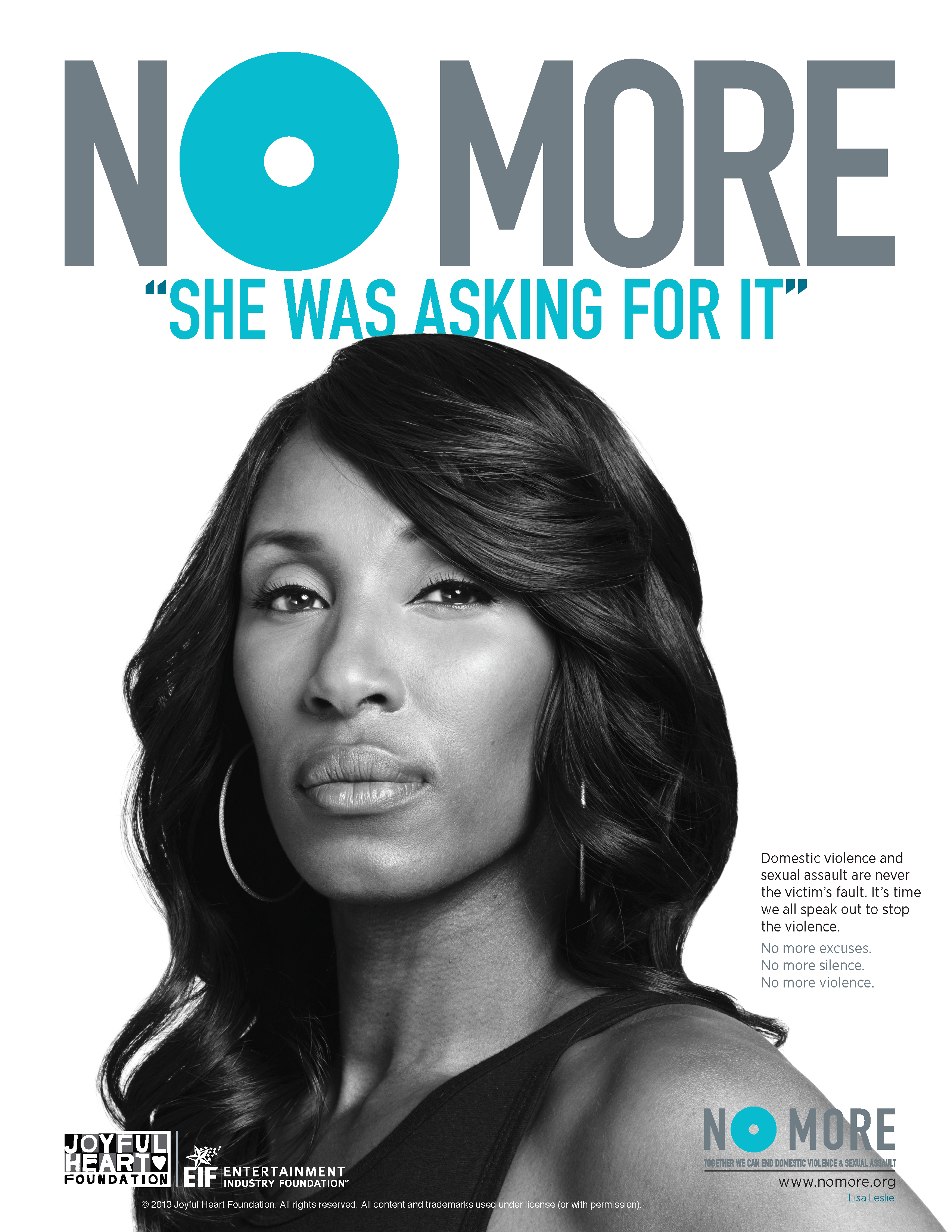
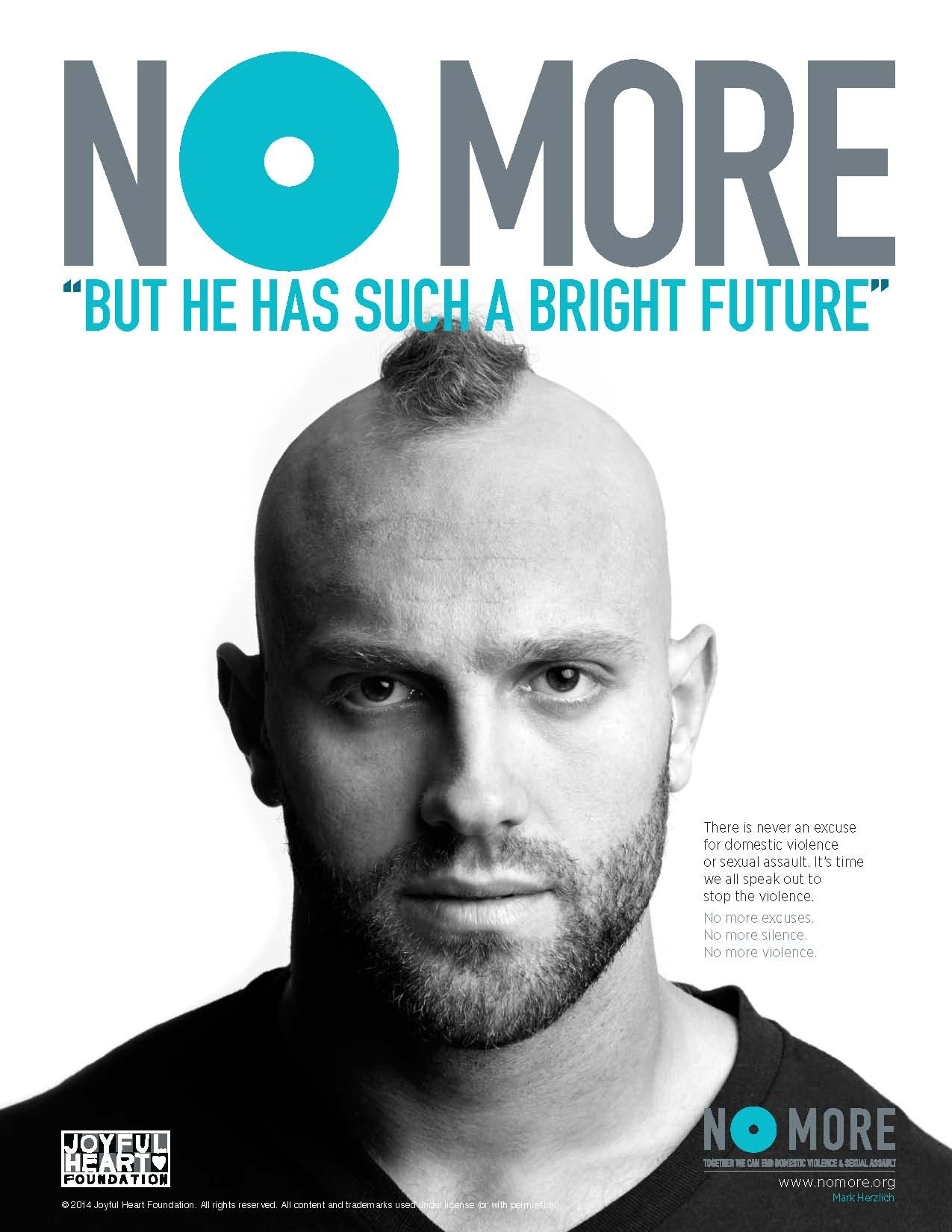
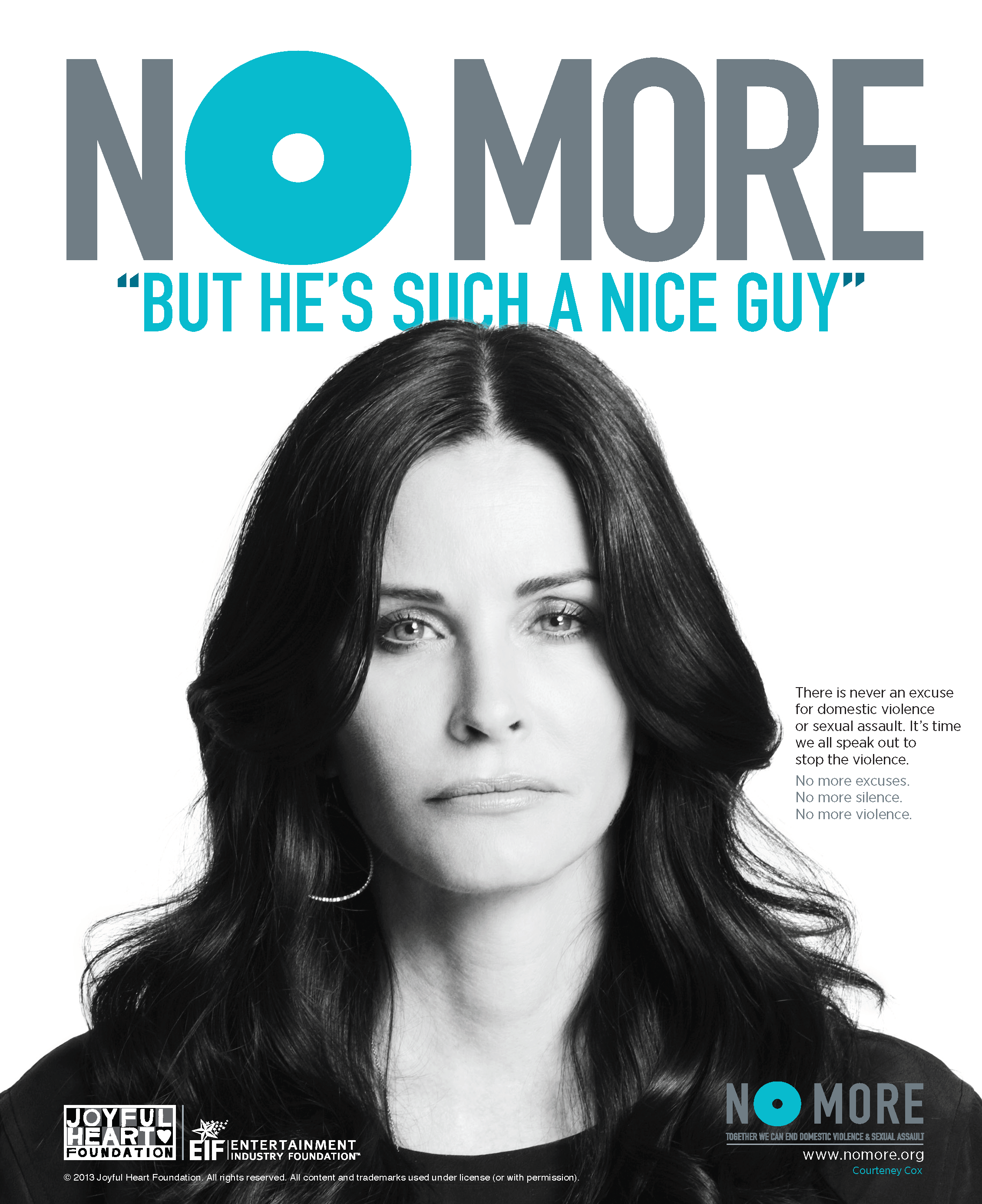
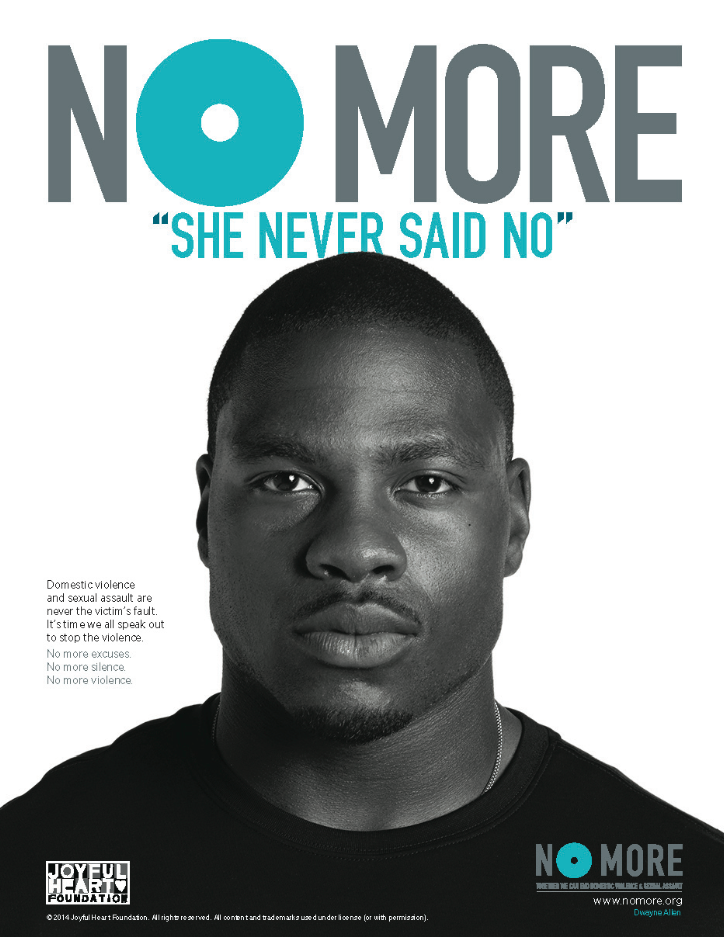
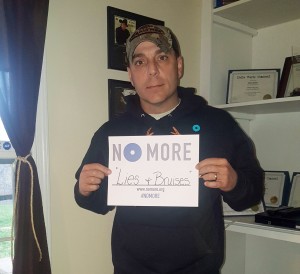
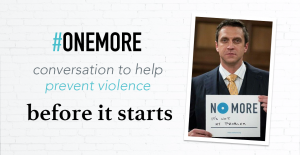

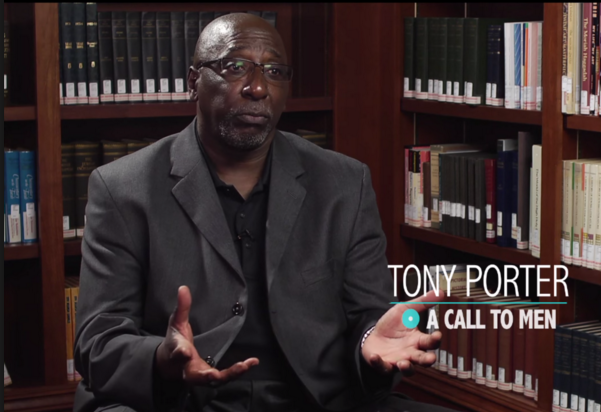 men, and the rapes were documented in real time on social media. Scores of kids saw what was happening while it was happening. If just one of them had objected, had told an adult, had asked for help, things might have taken a different course. This failure to intervene could have happened anywhere, and probably has. The blame and responsibility for Steubenville does not just fall on the young bystanders. In fact, the tragedy highlighted a profound failure of adults to guide and instruct.
men, and the rapes were documented in real time on social media. Scores of kids saw what was happening while it was happening. If just one of them had objected, had told an adult, had asked for help, things might have taken a different course. This failure to intervene could have happened anywhere, and probably has. The blame and responsibility for Steubenville does not just fall on the young bystanders. In fact, the tragedy highlighted a profound failure of adults to guide and instruct.